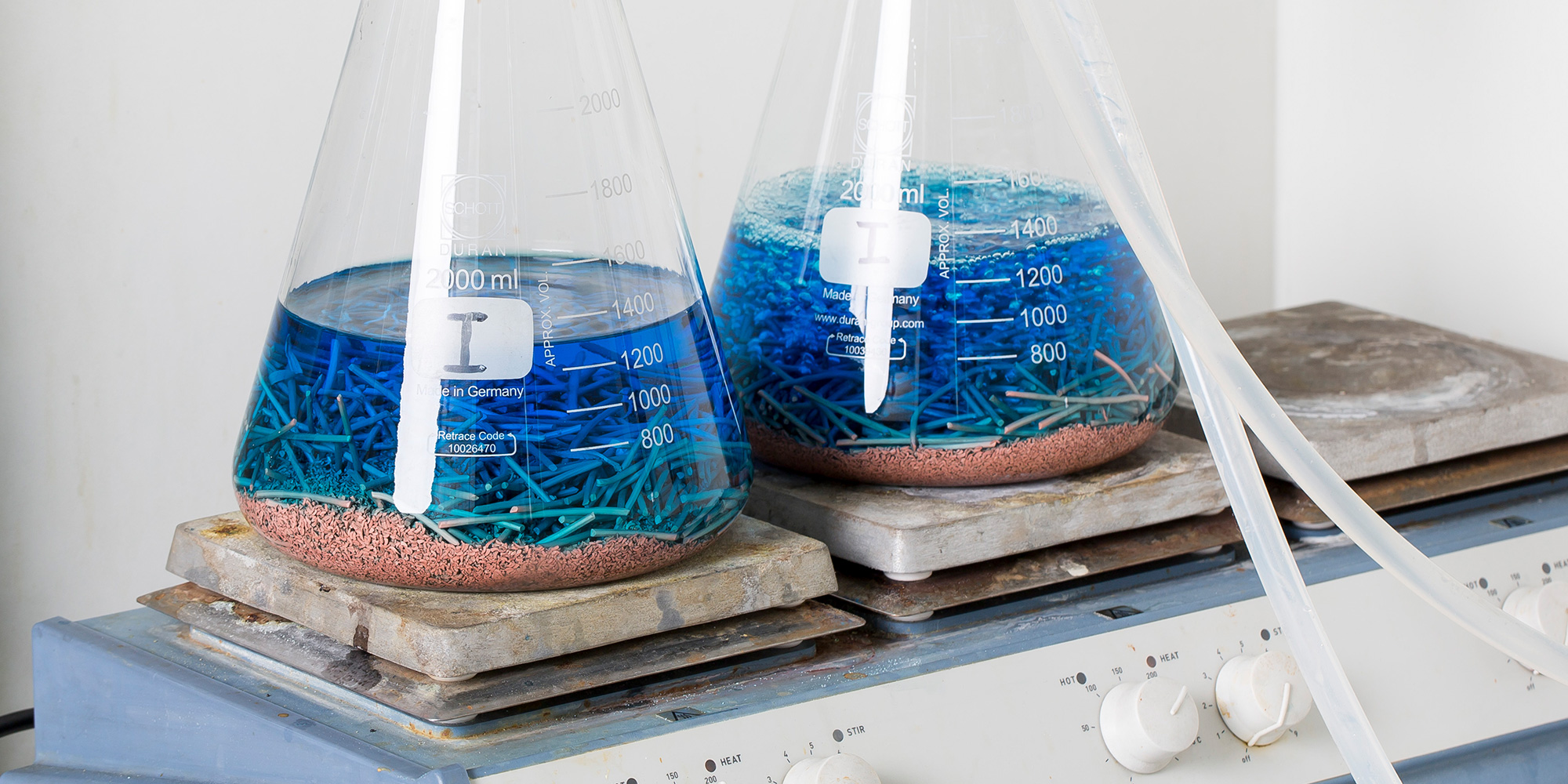Underground Storage Tank Corrosion Testing
Underground storage tanks (USTs) play a critical role in oil and gas operations by safely storing volatile hydrocarbons. However, the corrosive nature of these environments can lead to significant degradation if not properly managed. Our comprehensive corrosion testing services ensure that USTs remain reliable and compliant with regulatory standards.
The primary goal of our underground storage tank corrosion testing is to assess the integrity of metallic components exposed to a corrosive environment. This includes evaluating the effects of soil, water, and other contaminants on tank materials. By identifying potential weaknesses early, we can recommend preventive measures that extend the lifespan of USTs and reduce the risk of leaks.
The testing process typically involves several key steps. First, we conduct a thorough visual inspection to identify any visible signs of corrosion or damage. Following this, we perform conductivity tests to measure the presence of corrosive elements in the surrounding soil. Additionally, we use specialized equipment such as potentiometric probes and electrochemical impedance spectroscopy (EIS) instruments to assess localized corrosion rates.
For more detailed assessments, we employ NACE Standard Test Method TM0178, which provides a standardized approach for measuring hydrogen sulfide stress cracking in carbon steel USTs. This method involves exposing samples to simulated underground conditions and monitoring their response over time. Our laboratory adheres strictly to international standards like ISO 9243:2015 for microbiologically influenced corrosion (MIC) testing, ensuring accurate and reliable results.
In terms of specimen preparation, we follow strict protocols to ensure that samples are representative of the actual UST environment. This includes cleaning, drying, and conditioning specimens before placing them in controlled test environments. Our experienced technicians then meticulously document every aspect of the testing process, from initial setup to final analysis.
- Visual inspection for visible signs of corrosion
- Conductivity tests for soil contamination levels
- Potentiometric probes and electrochemical impedance spectroscopy (EIS)
- NACE TM0178 for hydrogen sulfide stress cracking in carbon steel tanks
- ISO 9243:2015 for microbiologically influenced corrosion testing
The results of our testing provide valuable insights into the condition of USTs, helping stakeholders make informed decisions about maintenance and replacement. Our detailed reports include comprehensive analyses of test data, along with recommendations for corrective actions where necessary.
By partnering with us, clients gain access to cutting-edge technology and expertise in corrosion science, ensuring that their USTs meet the highest industry standards. This not only enhances safety but also supports compliance with regulatory requirements such as those set out by OSHA and EPA guidelines.
Customer Impact and Satisfaction
Our clients benefit significantly from our underground storage tank corrosion testing services. By identifying potential issues early, we help them avoid costly repairs and replacements. This not only reduces downtime but also enhances overall safety and compliance.
One of the key impacts is improved operational efficiency. Our tests enable clients to make proactive decisions about maintenance schedules, ensuring that USTs remain in optimal condition throughout their lifecycle. Additionally, our reports provide valuable data for R&D teams looking to innovate or improve existing designs.
Customer satisfaction is a top priority for us. We strive to deliver accurate, reliable results within agreed-upon timelines, ensuring minimal disruption to your operations. Our dedicated customer service team is always available to address any questions or concerns you may have.
International Acceptance and Recognition
Our corrosion testing services are recognized globally for their accuracy and reliability. We adhere strictly to international standards such as ISO 9243:2015, ASTM E845-16, and EN 16706:2019, ensuring that our methods are consistent with the highest industry benchmarks.
This recognition extends beyond mere compliance; it reflects our commitment to excellence in every aspect of our work. By choosing us for your UST corrosion testing needs, you can be assured that your data is as valid and trustworthy as possible.
Competitive Advantage and Market Impact
In a competitive market, maintaining the integrity of underground storage tanks is crucial. Our comprehensive corrosion testing services give companies a significant edge by providing actionable insights that can lead to operational improvements and cost savings.
By staying ahead of potential issues through regular testing, businesses can avoid costly disruptions caused by unexpected failures. This proactive approach not only enhances safety but also strengthens the company's reputation among stakeholders and customers alike.





